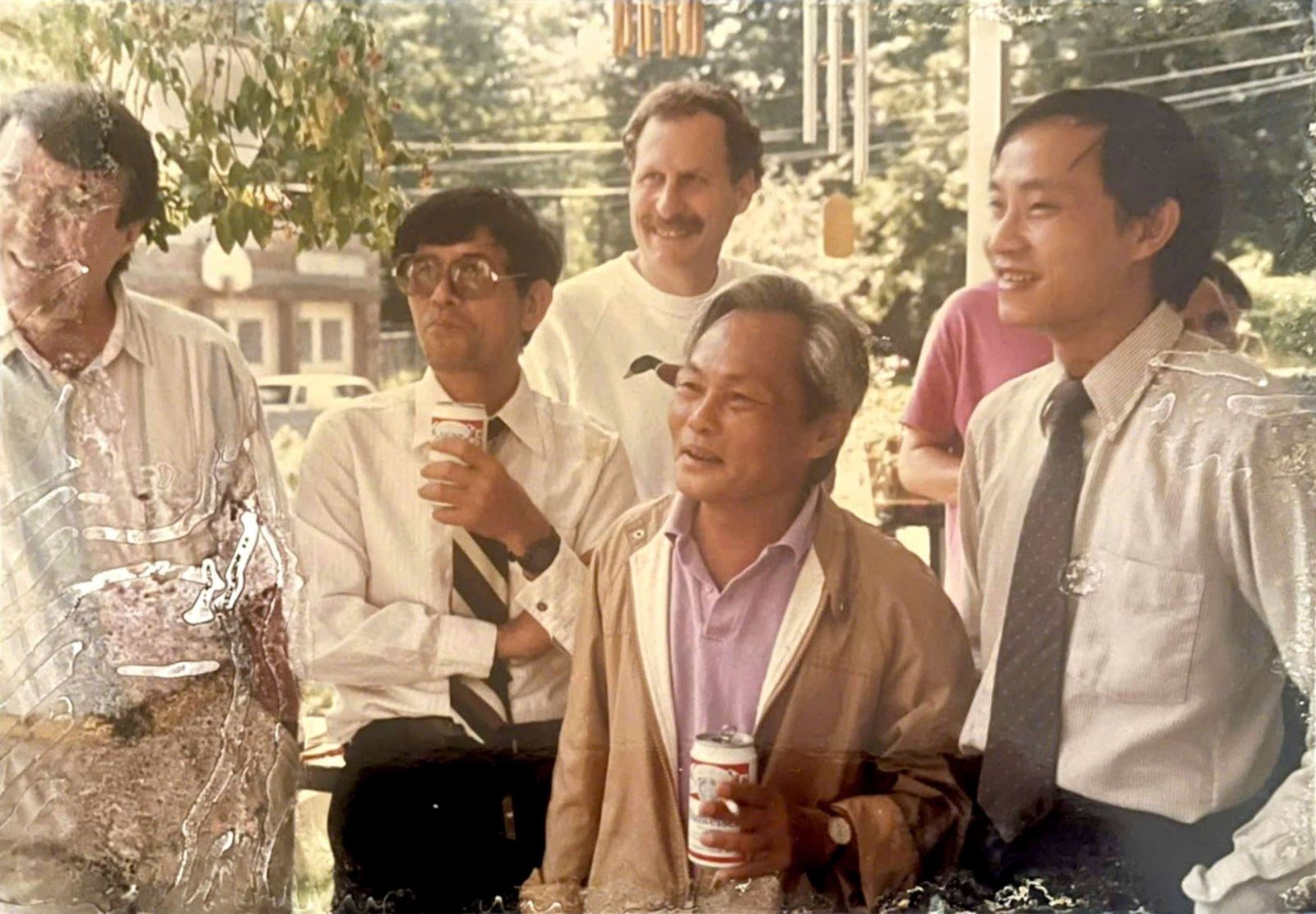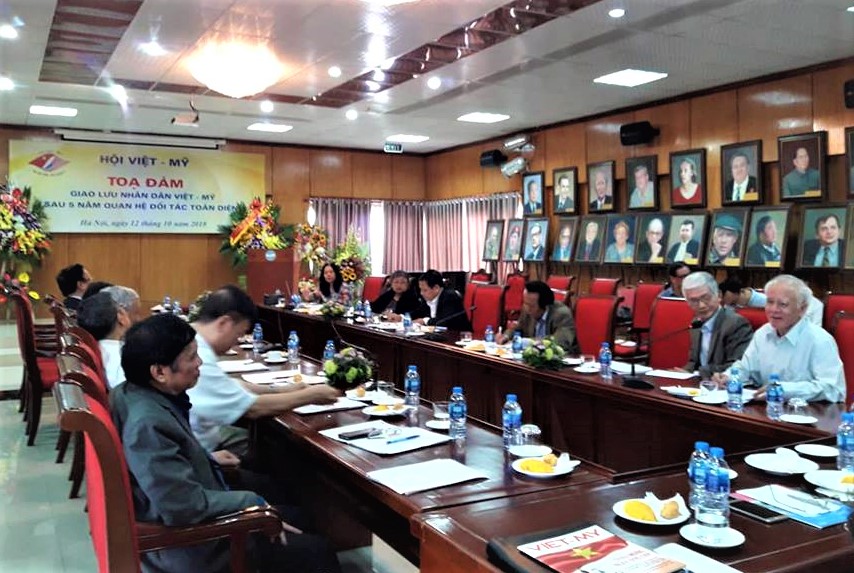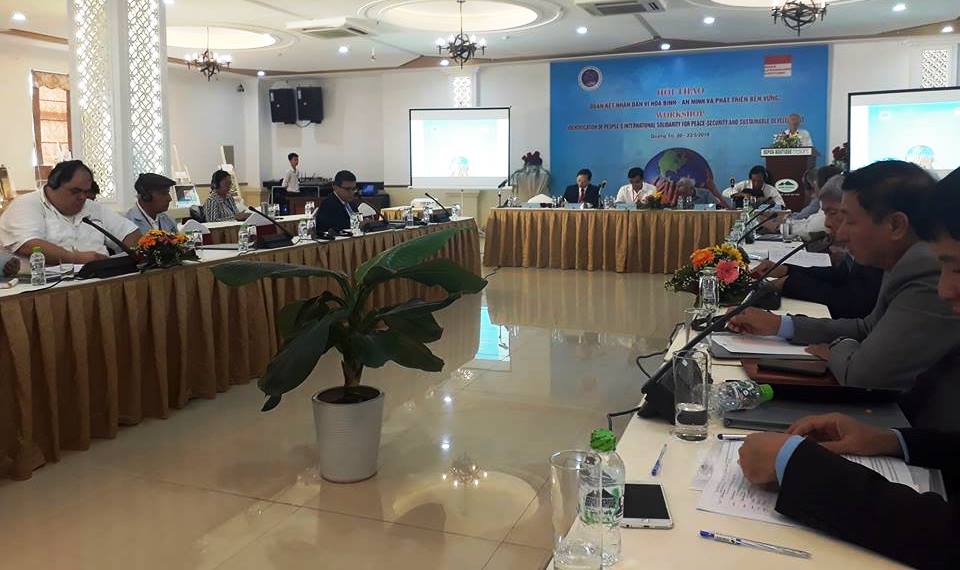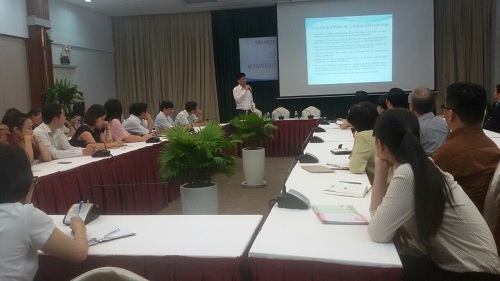
Chickens play a big role in debates about the best way to fight poverty. (Reuters)
In a recent open letter addressed to Gates, University of Chicago economist Chris Blattman urged him to reconsider his commitment to chickens. Blattman cites evidence that it may be more effective to give people the cash value of a chicken, and let them decide what they want to buy with it. (Perhaps they will buy a chicken.) Blattman argues that Gates could finance the definitive experiment to test the effectiveness of chickens versus cash, which he thinks would cost about $15 million. The economist goes so far as to say this test would be the “best investment we could make to fight world poverty.”
Who’s right? Possibly, neither of them.
Lant Pritchett, an international development economist at Harvard, thinks Gates and Blattman have lost their way. By focusing on programmatic solutions to poverty like chickens and cash, Pritchett thinks Gates, Blattman, and many others in the development field ignore what really matters for raising living standards of the world’s poor: economic growth.
“Nearly all of the reasons why the world made progress on reducing dollar-a-day poverty is that people moved from low-growth economies to high-growth economies,” explained Pritchett on an episode of the Econtalk podcast. “This was mostly associated with a switch toward more market-oriented reforms at the general level. This increased the overall productivity of the economy, which increased the productivity of the poor, which increased their wages, which led them to escape poverty.”
Specifically, in an article for the Center for Global Development, Pritchett points to economic reforms in China, India, Indonesia, and Vietnam that pulled hundreds of millions of people out of poverty. He thinks that Gates’s philanthropic money and the $15 million for Blattman’s experiment would be better spent on research and advocacy to make similar reforms more likely in other countries: for example, programs that help countries to improve their regulatory environment or promote policies like free trade.
In Pritchett’s view, Gates and Blattman are led astray by an overemphasis on tangible results. The effects of programmatic solutions to poverty, like giving people chickens or cash, are relatively easy to quantify. A controlled experiment, like the one Blattman suggests, will produce a clear finding: giving a person a chicken leads to a certain percentage increase in their income, for example.
What’s wrong with that? The problem, Pritchett says, is that programs have a marginal effect on total poverty relative to government economic policy. He argues that, even if it’s harder to quantify the benefits, efforts to promote economic growth through good governance are much more valuable than discrete programs. This pushes philanthropists and NGOs onto possibly uncomfortable political ground, but just because the alternatives are easier to measure doesn’t make their impact more significant.
Quartz/OZ









